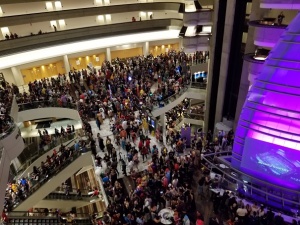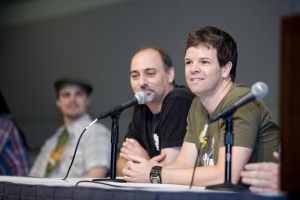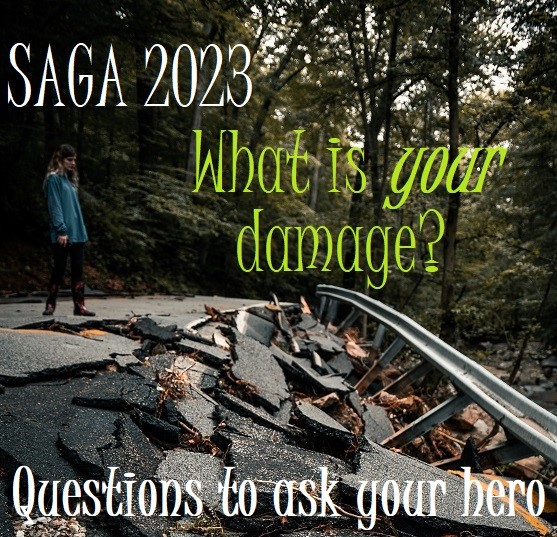
DragonCon 2018 – from Nerd Nation Magazine
It’s convention time again. ConCarolinas, ConGregate, DragonCon, and so forth. Which means selling books, which mean working the crowd.
You know, it’s very amusing watching people used to the solitary occupation of writing and editing, nearly all by nature introverts, figure out how to work a crowd.
Gail Z. Martin gave some excellent advice related to “Working the Crowd – How to Survive and Thrive Staffing a Booth”. At one time she was a corporate marketer, so her simple list of advice is sound. The Magical Word post was published August 24, 2016.
Item 1 – Wear comfortable shoes. Concrete floors are not kind to knees and the back.
Item 2 – Stand as much as you can. It give you energy, you are more visible, you will attract more people, and it is easier to talk. I (Erin) have been told to stand at work as it conveys a welcome; you are paying special attention to the person. It also matches body language with both people standing.
Item 3 – Try not to eat in your booth. Don’t NOT eat – get food, but if you have to eat at the table, keep it hidden. Half-eaten food disturbs people. And most people don’t like interrupting people who are eating.
Item 4 – Make the booth attractive. Swag, create levels, use banners behind to create depth.
Item 5 – Smile. At everyone. Invite them closer.
Item 6 – Use the person’s name – at cons, they come with name tags. Ask questions to engage them – what do they like to read, are they enjoying the con, how is the weather.
Item 7 – Hand them the merchandise. Studies show people are much more likely to buy something when they have handled it.
are just some of the twenty suggestions. Again the URL is: http://www.magicalwords.net/really-i-mean-it/working-the-crowd-how-to-survive-and-thrive-staffing-a-booth/



